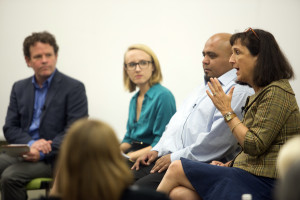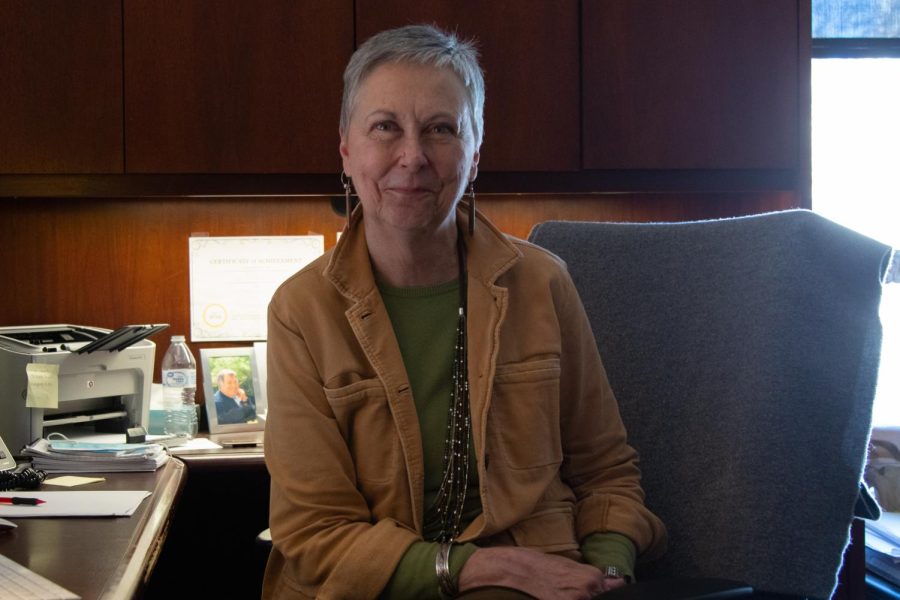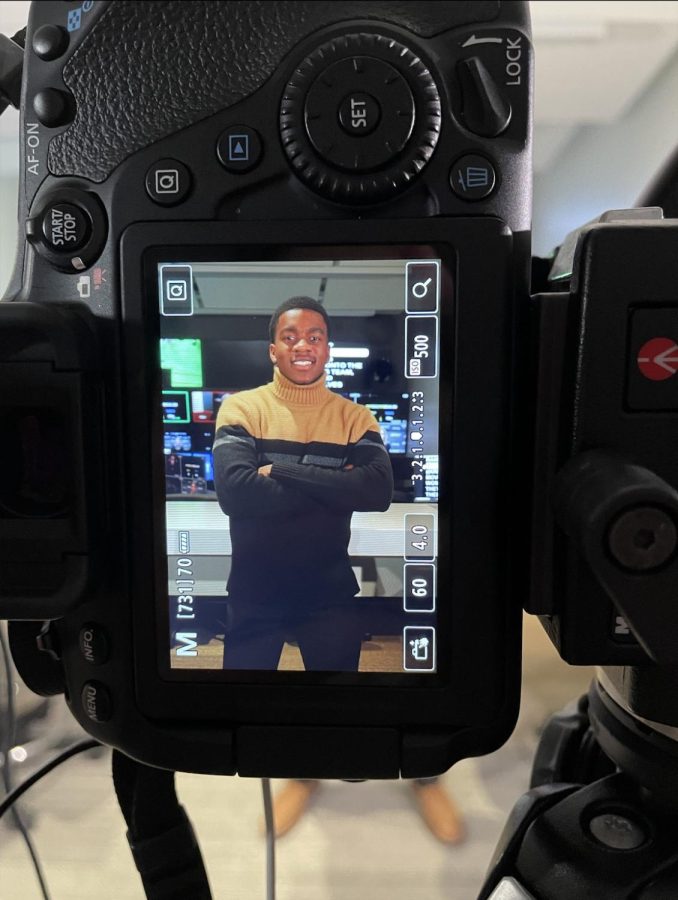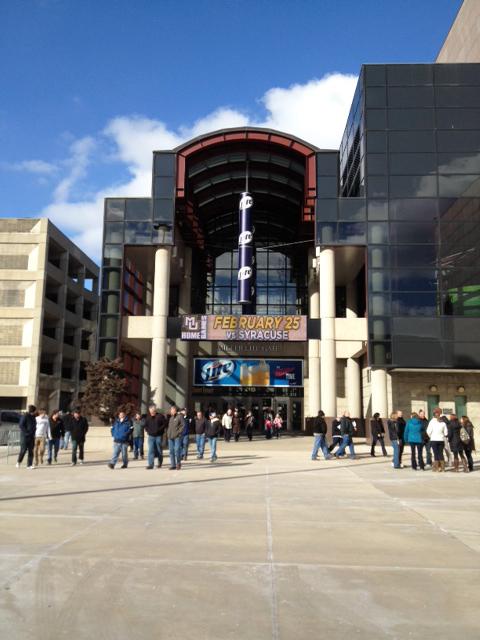
Certain courses offered at Marquette continually engage students in hands-on coursework that extends learning benefits outside the confines of the classroom.
Sunday, Milwaukee Journal Sentinel reporter Meg Kissinger was given the Polk Award for her “Chronic Crisis” series that investigated mental health care in the Milwaukee area. The Polk Award is one of the highest honors in journalism.
It’s worth noting that students from the College of Communication worked with Kissinger on the project. This is the kind of opportunity Marquette colleges should look for to add to the curriculum: projects that not only allow students to work in the field, but also put them in close dialogue with Milwaukeeans outside of campus.
A group of students in a journalism course taught last year by then professional-in-residence Herbert Lowe worked on small contributions to the Journal Sentinel’s mental health coverage. Students interviewed a social worker, an attorney, a mental health patient, a police officer and more, putting together videos detailing their subjects’ experiences.
This is the type of hands-on experience many programs on campus should be promoting. Too many courses attempt to teach skills internally, relying on activities like interviews with fellow students or mock presentations that try to mimic real experience. These activities do not replicate how students will handle their work in the field after graduation. Instead, the university should continue to base intermediate and upper-level courses on tangible, meaningful projects.
There are two advantages to this practical learning. First, students are able to contribute to projects that are aimed toward wider audiences and, as seen in the case of “Chronic Crisis,” sustain a wide impact that extends beyond campus to Milwaukee and beyond. Second, students are allowed the real world experiences akin to an internship. Working these skills into everyday coursework means better practice for students who are moving to work on such projects after their years at Marquette.
The Journal Sentinel’s success with the “Chronic Crisis” series is a testament to the connections Marquette has to different groups in Milwaukee. The College of Communication students involved in Kissinger’s project now have the advantage of association with a major national award-winning investigative project. And this is just the tip of the iceberg. One of the greatest benefits of this and similar projects is not just being able to put it on a resume, but working with and learning from professionals along the way.
Beyond coursework, Marquette offers other opportunities for interactive learning as well. Tuesday at noon, Marquette will host a Panel on Homelessness in the AMU Ballrooms, where four formerly homeless men and women will provide a Q&A session for students. Marquette Tribune staff and students studying social welfare and justice organized this event. Projects that involve direct interaction with the greater Milwaukee community are available, the city, university and students all stand to benefit. Professors and administrators should continue to seek out new avenues to make this possible.





